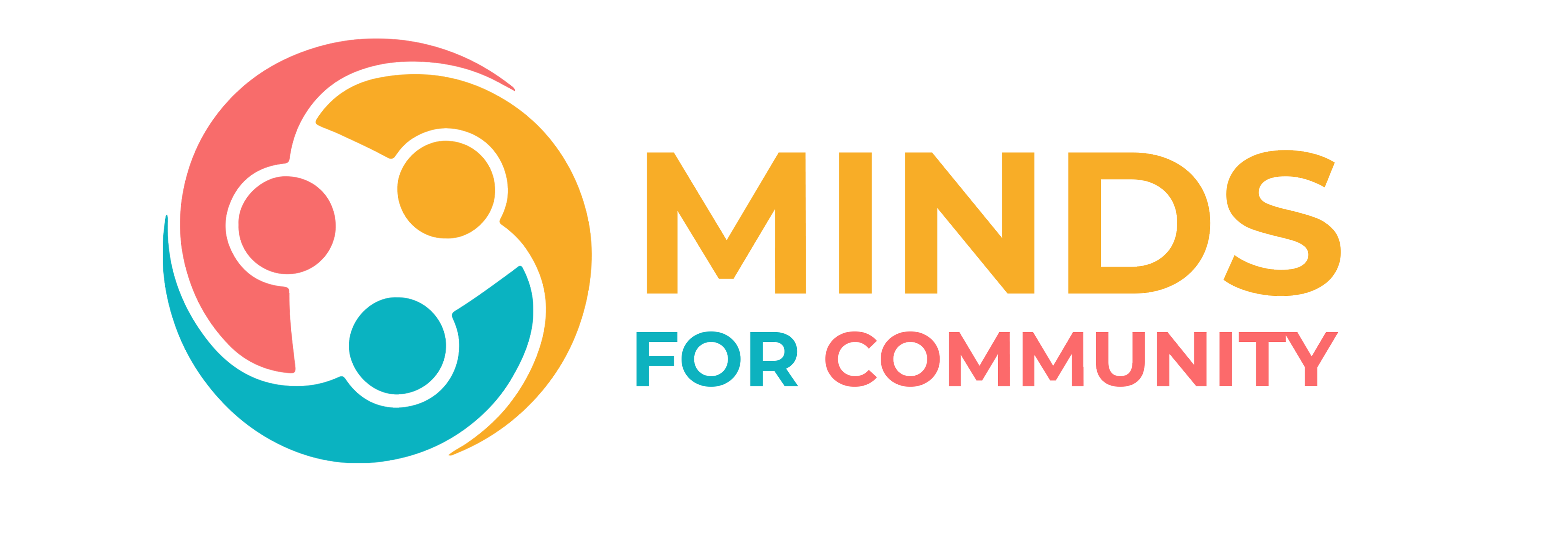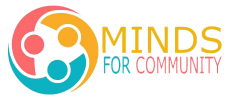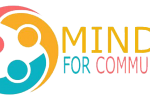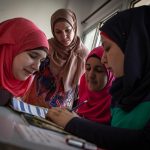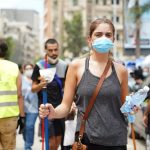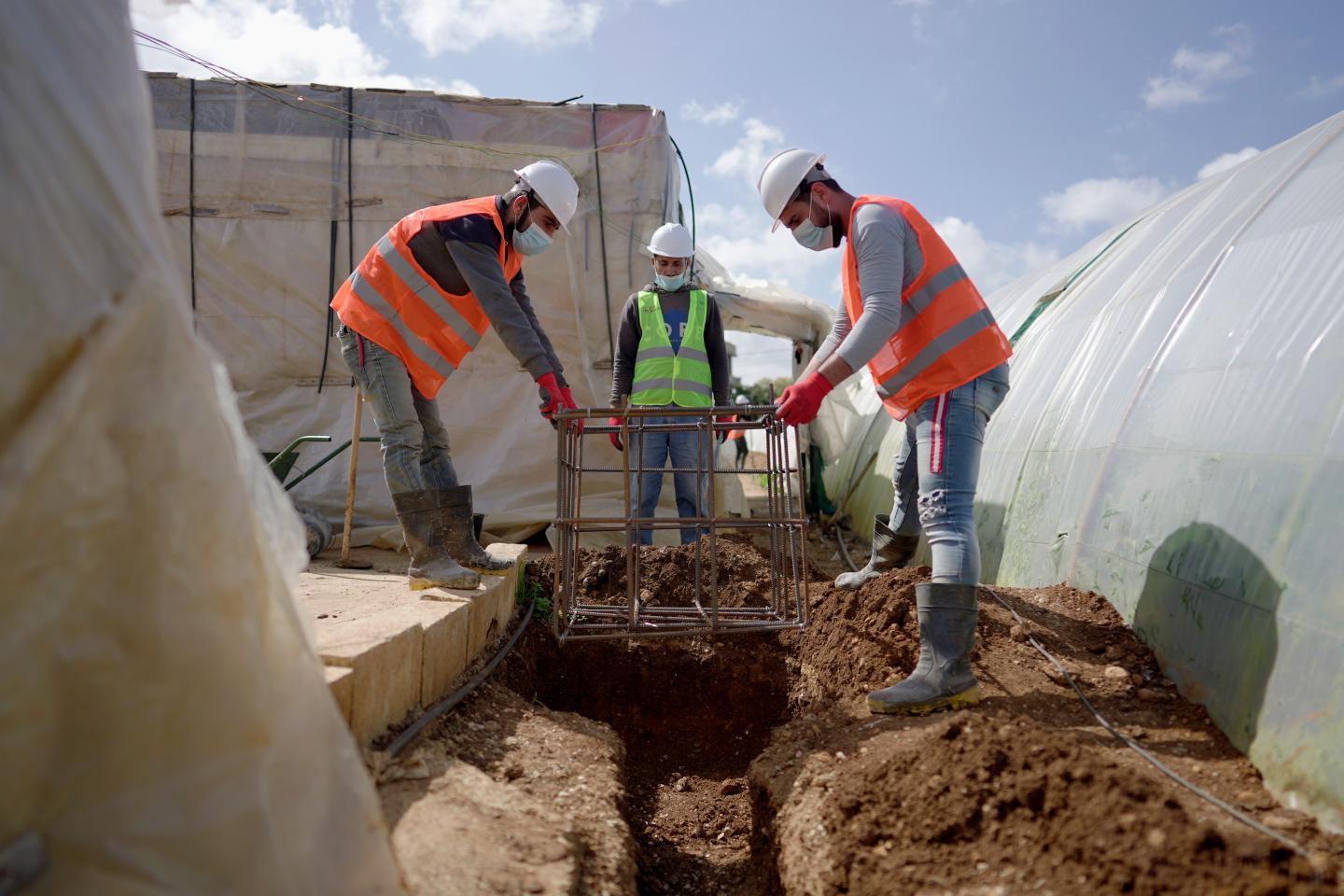A UNICEF programme supports Lebanon’s youth by providing training and access to paid employment. Through a Cash for Work (C4W) project funded by Germany through the German Development Bank KfW, more than one thousand of Lebanon’s youth have completed a total of 21,880 days of paid work while learning WASH and construction skills in the rehabilitation of four springs, five wastewater and stormwater channel and the construction of sixteen reservoirs. Crucially, the projects have been focused on ensuring the development of the youth beneficiaries’ home neighbourhoods.
As Lebanon continues to struggle under the weight of its continuing economic crisis, the hardest hit are its most vulnerable residents – including the nation’s youth.
Operating through partnerships with NGOs and international NGOs, as well as with private Lebanese companies and contractors, UNICEF’s Cash for Work programme targets addressing the basic needs of Lebanon’s vulnerable youths to help prevent the adoption of negative coping mechanisms. The programme intends to secure the livelihoods of acutely affected target groups in the short term.
The project will ensure that wastewater from her community and others is piped directly to the region’s North Lebanon Water Establishment treatment plant.
Through UNICEF’s Cash for Work programme, beneficiaries are working to ensure the return of essential infrastructure leading to a sustainable development process while receiving the opportunity to earn an income – at least in the short term – and help secure their future.
Unicef – Lebanon Youth Work Project

